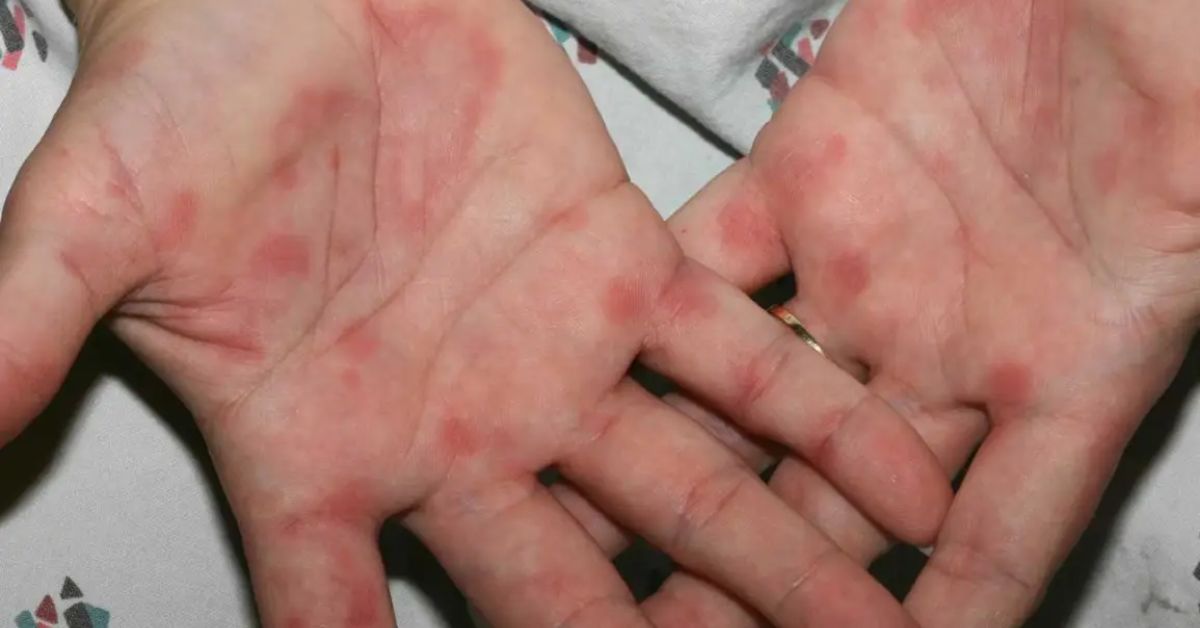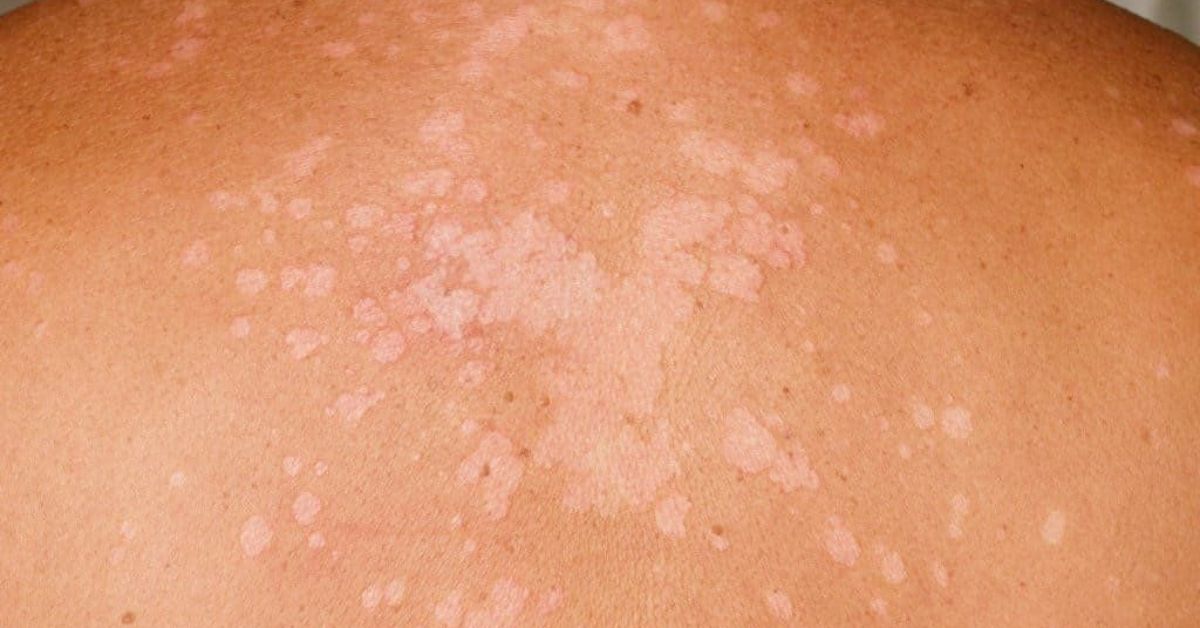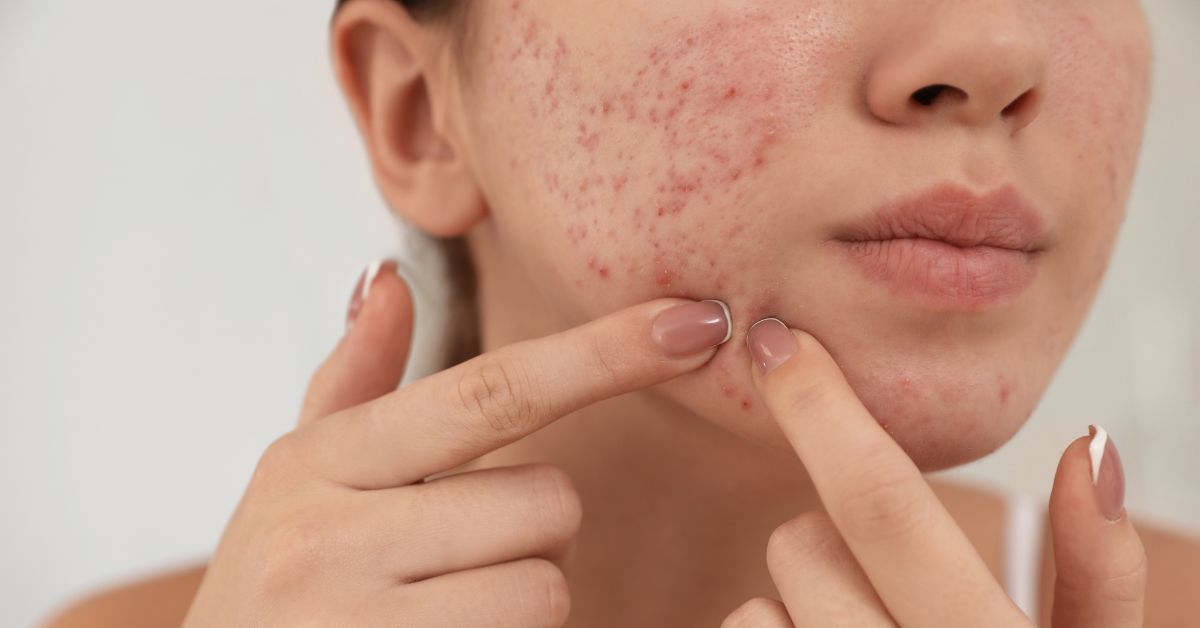In the realm of skincare, exfoliation plays a crucial role in maintaining a healthy and smooth complexion. This process not only aids in the removal of dead skin cells and accumulated dirt on the skin’s surface but also promotes the regeneration of new cells, contributing to a radiant and youthful appearance. Therefore, how often should one exfoliate their body per week? Let’s delve into this topic further in the following article.
Understanding Exfoliation
Mechanical Exfoliation: Mechanical exfoliation involves the use of small abrasive particles or physical forms (such as brushes, sponges) to gently rub against the skin’s surface, removing dead skin cells. This method is suitable for those who prefer the immediate feeling of cleanliness and smoothness after exfoliating. However, it may not be appropriate for sensitive or problematic skin due to the risk of irritation from friction.
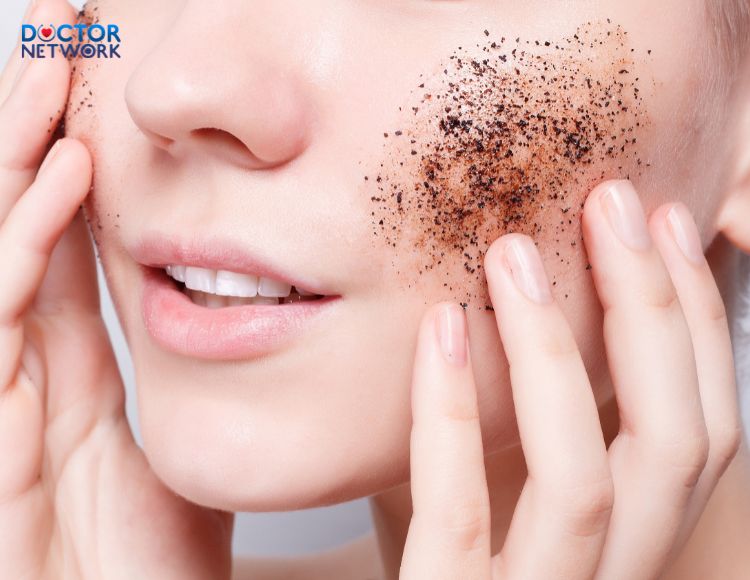
Mechanical exfoliation can utilize small abrasive particles or physical forms (like brushes, sponges, coffee grounds)
Chemical Exfoliation: This method employs acids such as alpha hydroxy acids (AHAs), beta hydroxy acids (BHAs), or enzymes to gently dissolve dead skin cells without the need for friction. Chemical exfoliation can penetrate deeper into the skin layer, addressing issues such as acne, clogged pores, and uneven skin tone. It is often recommended for oily, acne-prone, and congested skin types.
Popular Exfoliation Products on the Market:
- Mechanical Scrubs: These scrubs contain abrasive particles like sugar, sea salt, or jojoba beads, suitable for use on the body and face (with specific products designed for facial skin).
- Chemical Exfoliation Products: Includes gels, lotions, or serums containing AHAs (like glycolic acid, lactic acid) or BHAs (like salicylic acid), suitable for treating and improving specific skin conditions.
- Exfoliation Pads: Convenient products pre-soaked in a chemical exfoliant solution, easy to use and no need to rinse off with water.
How Often Should You Exfoliate Your Body?
Exfoliating the body is an important step in a skincare routine, helping to remove dead skin cells and stimulate new skin regeneration. However, the appropriate frequency of exfoliation can vary significantly depending on an individual’s specific skin type. Below are recommendations on exfoliation frequency based on skin type:
- Oily and Combination Skin
- Recommended Frequency: Individuals with oily and combination skin often produce more oil and are prone to accumulating dirt and dead skin cells, leading to clogged pores. Exfoliating 2-3 times a week can help minimize the risk of acne development and keep pores clear.
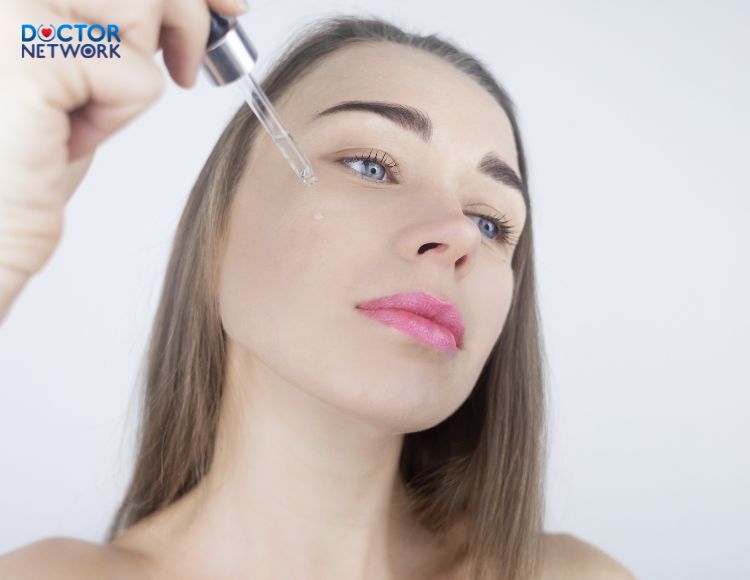
Choose products containing BHA to help remove oil and dirt and prevent acne
- Dry Skin
- Recommended Frequency: Dry skin can become rough and flaky if not exfoliated properly. However, exfoliating too often can strip away natural oils, making the skin drier. For dry skin, exfoliating once a week is sufficient to remove dead cells without drying out the skin.
- Sensitive Skin
- Recommended Frequency: Sensitive skin requires careful handling to avoid irritation. Exfoliation for this skin type should be limited to a minimum, only once a week or even less, using gentle products specifically designed for sensitive skin.
- Warnings About Over-Exfoliation
- Over-exfoliating can destroy the skin’s natural protective barrier, causing irritation, redness, and increasing the risk of skin damage. This not only makes the skin more sensitive to sunlight but can also lead to inflammatory skin conditions.
In conclusion, exfoliation is an indispensable step in the weekly skincare routine, but performing it correctly and at the right frequency is crucial to ensure the skin is protected and regenerated optimally. Users should pay attention to their skin’s reactions after each exfoliation session to adjust the frequency accordingly.
Selecting the Appropriate Exfoliation Product
Guidelines for Choosing an Exfoliation Product
For Oily and Combination Skin:
- Opt for products containing BHA (Beta Hydroxy Acid) such as Salicylic Acid, renowned for its ability to penetrate pores, removing oil and dirt, thereby preventing acne.
Products containing BHA help remove oil and dirt, preventing acne
Gel or foam textures can effectively control oil production.
For Dry Skin:
- Seek out cream-based exfoliation products containing AHA (Alpha Hydroxy Acid) like Glycolic Acid or Lactic Acid, which remove dead skin cells without stripping the skin of its natural oils. Products should also include moisturizing ingredients to nourish the skin after exfoliation.
For Sensitive Skin:
- Choose gentle exfoliation products, free from abrasive particles or strong acids. Products containing fruit enzymes are a good choice for sensitive skin. Avoid products containing alcohol or strong fragrances, which can irritate the skin. Tips for Identifying Suitable and Safe Products
Check the Ingredients:
- Always read the ingredient list carefully to ensure it does not contain irritants or components you may be allergic to.
Skin Reaction:
- Test the product on a small skin area before widespread use on the body to check for any allergic or irritant reactions.
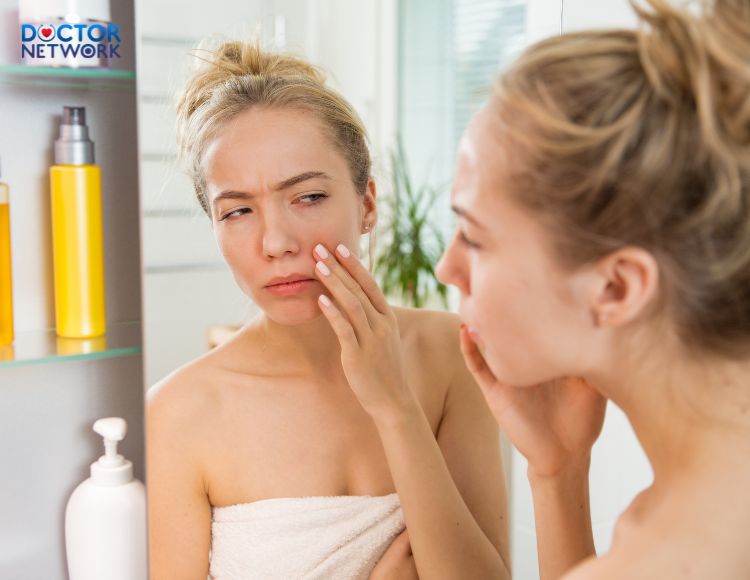
Test the product on a small skin area to check for allergic or irritant reactions
Reviews and Recommendations:
- Look for reviews from users with a similar skin type to see if the product is truly effective and safe for that skin type.
Expert Consultation:
- When possible, consult a dermatologist or skincare professional for the most accurate advice on the type of product that suits your needs and skin type. Choosing the right exfoliation product for your skin type not only maximizes the effectiveness of your skincare routine but also ensures safety, avoiding irritation or skin damage.
Relevant Research
- Study on the impact of exfoliation on dry skin: NCBI Link
- Study on the impact of exfoliation on oily skin: NCBI Link
- Study on the impact of exfoliation on sensitive skin: NCBI Link
This article has provided information on “how often to exfoliate the body weekly” and related knowledge. We hope you find this article helpful.
References:
Kiểm Duyệt Nội Dung
More than 10 years of marketing communications experience in the medical and health field.
Successfully deployed marketing communication activities, content development and social networking channels for hospital partners, clinics, doctors and medical professionals across the country.
More than 6 years of experience in organizing and producing leading prestigious medical programs in Vietnam, in collaboration with Ho Chi Minh City Television (HTV). Typical programs include Nhật Ký Blouse Trắng, Bác Sĩ Nói Gì, Alo Bác Sĩ Nghe, Nhật Ký Hạnh Phúc, Vui Khỏe Cùng Con, Bác Sỹ Mẹ, v.v.
Comprehensive cooperation with hundreds of hospitals and clinics, thousands of doctors and medical experts to join hands in building a medical content and service platform on the Doctor Network application.
















